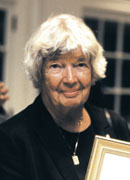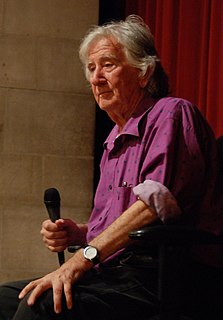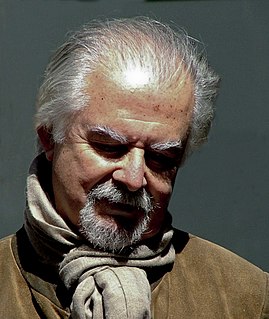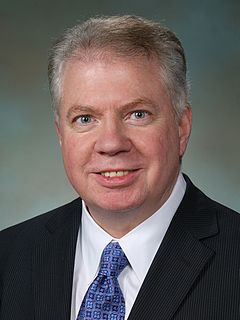A Quote by June Callwood
If any of you happens to see an injustice, you are no longer a spectator, you are a participant, and you have an obligation to do something.
Quote Topics
Related Quotes
We have already noticed the difference in the attitude of a spectator and of an agent or participant. The former is indifferent to what is going on; one result is just as good as another, since each is just something to look at. The latter is bound up with what is going on; its outcome makes a difference to him.
The functional freedom that anybody can buy a gun and go out and murder a lot of people at a McDonald's is prevalent, yes. But through the effects of TV and interactive video systems and so forth, we'll also have the freedom to pretend to be a mass murderer for the evening. I've seen descriptions of advanced TV systems in which a simulation of reality is computer controlledthe TV viewer of the future will wear a special helmet. You'll no longer be an external spectator to ?ction created by others, but an active participant in your own fantasies/dramas.
In the theater the audience is generally riveted to a single angle of observation. The movie director, though, can rapidly shift from objective to subjective--and to any number of subjective points of view--and in so doing seem to pull the audience directly inside the frame of his picture, giving the spectator the sense of experiencing an action from the viewpoint of a participant. Identification of the viewer with the film character, then, can be much more intimate than the analogous situation in the theater.
































